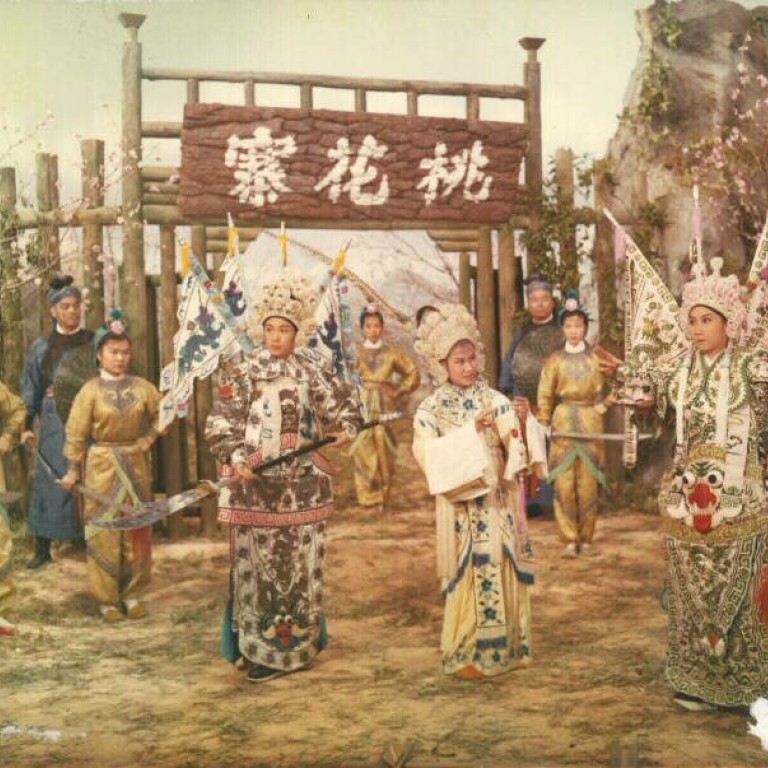
Art House: A hidden cinematic history of dialect films
Paul Fonoroff
Perhaps the best-kept secret about Hong Kong's film history is the existence of dialect industries beyond Cantonese and Putonghua ones. We're not talking about ancient history, but the 1950s to '60s, when the then-British colony's motion picture business catered to Taiwanese and Southeast Asian audiences with linguistic roots in northeastern Guangdong's Chaozhou (aka Teochew, or Chiuchow) region and southern Fujian's Xiamen (Amoy).
Hundreds of Teochew (as the dialect is known among its overseas speakers) and Amoy feature films were completed in Hong Kong in those two decades, most of which were for export only.
Fifty years after its decline, the movie mode is again in the spotlight with the Hong Kong Film Archive's groundbreaking retrospective of 10 locally made Chaozhou works. The most commercial is (1963), a rare collaboration between Shaw Brothers, and Tung Shan, a top producer of Teochew opera pictures.
The "million-dollar" opus, although typical of the genre in terms of cast and subject matter, took full advantage of its elevated budget with a technical finesse immediately evident in its Eastman Color and widescreen Shawscope glory.
Less stagey than many other theatrical adaptations, was one of the final efforts by veteran cinematographer-turned-director Chow Sze-luk. It was also one of his few forays into Teochew cinema among the 150-something feature films he made in the 15 years before his death at age 57.
The work's libretto was based on a legend with operatic roots dating back to the Qing dynasty, adapted and readapted into a multitude of dialects, and even a 1930 Shanghai silent film starring Sammo Hung Kam-bo's grandmother, Chin Tsi-ang. The tale's enduring appeal was down to its combination of drama and action, comedy and intrigue, and the ever-popular device of twin-fuelled mistaken identity.
In this case, it was a pair of brothers (both played by diva Chong Suet-kuen) involved with two quite different sweethearts: one high-born (Fang Qiaoyu); the other (Ding Chuqiao) the daughter of a mountain bandit (Wang Liang). Romance and martial misadventures ensue as the quartet fight against imperial corruption.
The film's leads were among the biggest names of Teochew stage and screen. Chong Suet-kuen was particularly esteemed in gender-bending roles, and the box office success of led to a similar turn as the eponymous heroes in the following year's . It is part of a movie culture that is ripe for rediscovery by celluloid archaeologists.
, October 14, 5pm, Hong Kong Film Archive. Part of the Chaozhou Dialect Films - Key to Hong Kong's Multicultural Heritage programme

